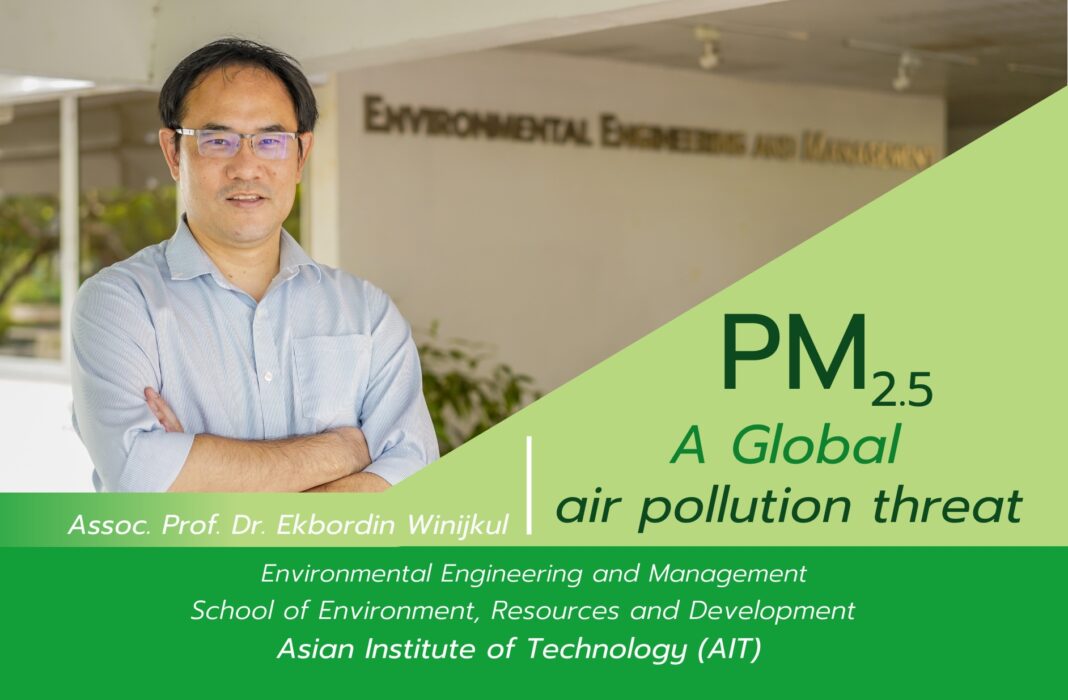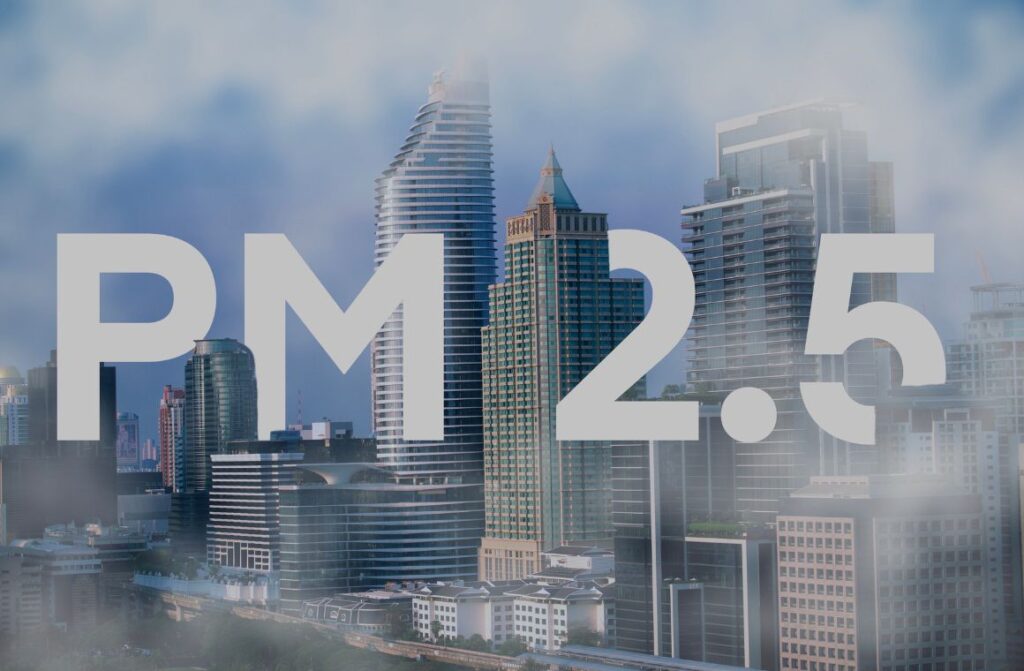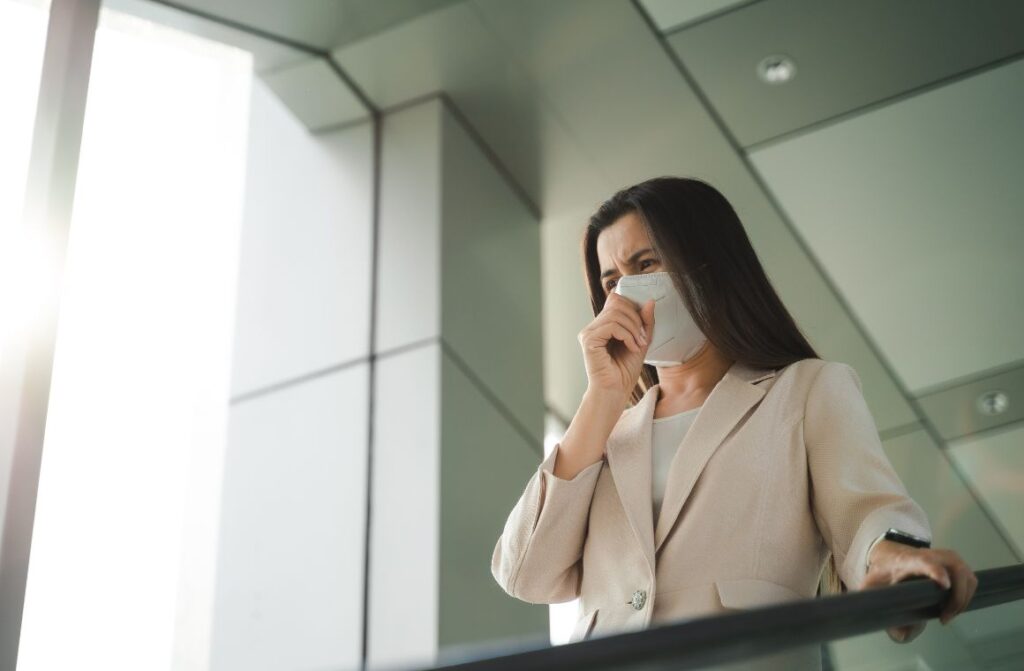
Air pollution is a global problem that many countries are facing. Advances in technology and increased emissions from vehicles, industries, and waste management are identified as major causes of air pollution, especially fine particulate matter or PM2.5. Thailand’s 24-hr and annual average of PM2.5 levels are above the World Health Organization’s (WHO) guideline level, which poses risks to people’s health in the country.
Dr. Ekbordin Winijkul, an air pollution expert and Associate Professor at the Environmental Engineering Management, School of Environment, Resources and Development, Asian Institute of Technology (AIT), stressed the impact of air pollution, especially PM2.5 and discussed the efforts and way forward to curb the challenge.
PM2.5 has a clear impact on health, especially among vulnerable groups, namely children, elderly people, pregnant women, and individuals with health problems. Several researches indicate that inhaled ultra-fine particles can be found inside the lungs, blood, brain, and other organs. The health risks are caused not only by an accumulation of PM2.5 in the human body but also by toxic substances making these particles.
Talking about the current situation, Dr. Ekbordin said: “Fine particles affect economic losses of the country in a very large context, such as effects on health, opportunity loss of students taking online classes, reduction in investment and tourists. This year, the problem of PM2.5 is expected to be more serious than the previous years due to El Niño and climate change effects, especially in areas with low precipitation, stagnant air, and more forest fires.”
He advised the public to prepare and protect themselves on the days with high PM2.5 levels by reducing the time spent outdoors and wearing face masks properly when going outside of buildings. “They should stay indoors, close the doors and windows tightly, and always turn on air purifiers. The most effective solution to control and solve the air pollution problem is by controlling emissions at the sources, such as reducing exhaust emissions from diesel vehicles, putting a curb on industrial fuel combustion and pollution caused by manufacturing processes, and managing agricultural and municipal waste properly to reduce open burning and forest fires,” he added.
Fine particulate matter contains various toxic components, including ‘microplastics’, which are tiny pieces of plastics at the micrometer level floating in the air. AIT is the first institute in Thailand to measure and report the amount of atmospheric microplastics, including microplastics floating and depositing in the air and rainwater. Several countries in Europe and China have collected samples and measured airborne microplastic pollutants aiming to find guidelines or measures to control the amount of atmospheric microplastics. The findings can be used as a database to study health risks relating to the inhalation of microplastics in the future.

AIT is also working with the government in Thailand and other countries to provide solutions for better air quality, as well as international organizations. In Thailand, AIT conducted research to identify sources of air pollution and mitigation options for the Bangkok Metropolitan Administration and Pollution Control Department (PCD).
At the ASEAN level, AIT and PCD jointly studied the cost of not implementing air pollution policies (cost of inaction) to promote air pollution reduction policy implementation in collaboration with the United Nations Environment Programme (UNEP). AIT also conducted a cost-benefit analysis of the use of clean fuels and engines in vehicles and boats in the Maldives with the support from the Climate and Clean Air Coalition.
AIT continues to join hands with various organizations to find solutions and measures to curb air pollution, which is the pressing problem in the region, causing approximately seven million deaths each year globally, higher than the Covid-19-related deaths in the past two years.



















